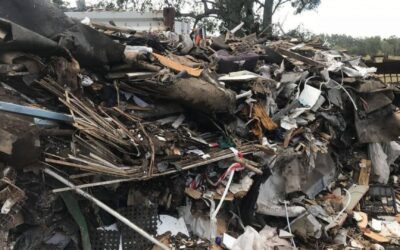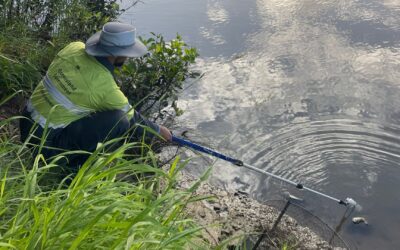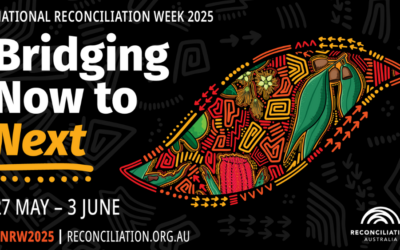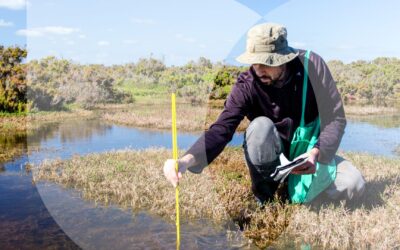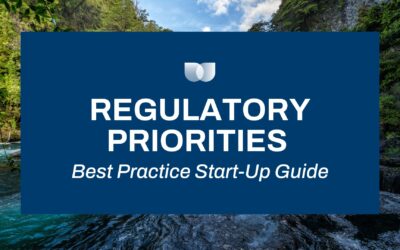In September 2023 NELA hosted a successful National Conference at the University of Melbourne. The conference gathered leading experts and thinkers across the judiciary, academia, government, environmental NGOs and legal sectors for a day of interactive and dynamic discussion on the theme ‘Intersecting crises of climate change and biodiversity loss – where to next for Australian environmental law?’
The conference was attended by over 140 attendees in person and online. There was a great energy in the room, with conversations continuing during breaks and at the conference dinner. The conference commenced with the Commonwealth Minister for Environment and Water, Tanya Plibersek MP, setting the scene-setting with her keynote address. Minister Plibersek spoke about the government’s progress on implementing the Nature Positive Plan, and its focus not only on the conservation of the environment but also its regeneration and recovery. The Minister highlighted a range of federal environmental policy and law reform initiatives, including the reforms to the Environment Protection and Biodiversity Conservation Act 1999 (Cth), plans to establish a national nature repair market, and the creation of an independent federal environmental protection agency (“Environment Protection Australia”). The Minister emphasised the government’s commitment to establishing the essential legal and institutional framework to achieve environmental protection in Australia.
 |  |
The second session (Environmental law in Australia: How the past informs the possibilities) involved a panel discussion moderated by Simon Molesworth AO KC with Dr. Gerry Bates (a founding member of NELA, and the 2023 recipient of a lifetime NELA membership for his contributions to environmental law in Australia) and Deputy President Teresa Bisucci (Victorian Civil and Administrative Tribunal) on the status of environmental law in Australia and the role of courts and environmental lawyers in its development. Keynote speaker, the Honourable Justice Jagot (High Court of Australia) traced the development of environmental law over the past three decades, emphasising its interconnectedness with various legal domains such as constitutional, administrative, energy, human rights, and First Nations law. DP Teresa Bisucci examined the gradual integration of climate change considerations into Victorian environmental and planning legislation through decisions of the Victorian Civil and Administrative Tribunal. Dr. Gerry Bates emphasised the necessity for a paradigm shift in regulatory culture from its current procedural orientation toward outcome-centric approaches, and underlined the importance of regulatory pathways for environmental restoration, using his research on approval pathways for riverbank restoration projects as an example.
 |  |  |
The third session (Nature Positive Laws: What does it mean & how do we get there?) included a series of insights on what ‘nature positive’ might mean in Australian law. A diverse range of speakers commented on the state of the environment and biodiversity, the upcoming EPBC Act reforms and the complexities of defining nature positive and implementing laws to achieve nature positive outcomes. Moderated by Dr. Phil McCormack (our very own Vice President), the panel included presentations from Jeremy Thomas (Australian Government, DCCEEW), Kate Gavens (Victorian Biodiversity Regulator), Dr. James Fitzsimmons (The Nature Conservancy) and Rachel Walmsley (Environment Defenders Office).
Professor Brendan Wintle (Biodiversity Council) provided a sobering keynote on the status and trends of Australia’s biodiversity challenges. NELA were pleased to see the recent publication of the Biodiversity Council’s report 10 Essential Elements of National Environmental Law Reforms (13 December 2023) that mirrored the case for urgent and ambition action on the Australian Government’s Nature Positive Plan spoken to in Professor Wintle’s keynote. Kate Gavens discussed the inherent challenges faced by regulators in navigating fragmented legislative regimes that were not designed to address present challenges, including the intersecting crises of biodiversity loss and climate change. James Fitzimons emphasized the critical need to collaborate effectively with private actors, including communities and project proponents, to ensure robust regulatory outcomes. Rachel Walmsley emphasised the need for the national reforms to improve community participation, prioritising transparency and accountability as prerequisite for rebuilding trust in environmental laws and Commonwealth regulators. The Nature Repair Market Bill (passed by the Australian Parliament in December, and set to enter into force in 2024 as the Nature Repair Act) was a particular focus of the session, as a key legal tool for facilitating nature positive outcomes. This third conference session raised the need to ensure integrity and flexibility in this new market mechanism, balancing competing interests while advancing biodiversity conservation objectives equitably.
 |  |
In the fourth session, a dynamic discussion took place on the topic of ‘What’s Next for Climate Law in Australia?’. The keynote address delivered by Dr. Andrea Vecchi (University of Melbourne) was followed by a panel discussion moderated by NELA Board Member Dr. Justine Bell-James with Claire Smith (Partner, Clayton Utz), Professor Samantha Hepburn (Deakin University), David Hertzberg (Equity Generation), Dr. Arjuna Dibley (Melbourne Law School) and Brendan Sydes (Australian Conservation Foundation). Dr. Vecchi’s keynote outlined the different decarbonisation pathways that could enable Australia to reach its net zero targets and transition to a net zero economy. He highlighted the scale of the challenge of this transition, the inevitable trade-offs and opportunities for minimising the environmental impacts of this transition through effective and appropriate regulation. The panel discussion examined the key legal instruments, principles and avenues that could underpin, incentivise or impede climate action and climate justice in Australia. Acknowledging important progress, such as declining emissions baselines under the Safeguard Mechanism and Australia’s legislated net-zero commitment, the panel contrasted these with the lack of embedded climate considerations in environmental laws. The panel also discussed inadvertent barriers posed by legislation in obstructing the flow of crucial private capital needed for the net zero transition and the growing role and trend of climate litigation in shaping approaches to net zero.
 |  |
The conference’s last session focused on ‘International processes and the enforcement of environment law, in particular in relation to Indigenous people’, with presentations from the Honourable Justice Dr Sarah Pritchard (NSW Land and Environment Court) and Professor Phil Duncan (University of Canberra). The session was convened by Nicola Silbert (Environmental Justice Australia). Dr. Sarah Pritchard’s presentation focused on the intersectionality of international human rights law and environmental law, as evidenced by key international case law under instruments such as the International Covenant on Civil and Political Rights. Professor Duncan delivered the final session of the conference, and had the audience transfixed after a long day, weaving a moving narrative of the sacred bond between Indigenous communities with land, water and culture. Professor Duncan advocated strongly for embedding Indigenous principles into national environmental law reforms. He provided practical examples of the sustainable principles underpinning Indigenous ways of life, and emphasised the crucial need to validate cultural knowledge and communal language in the interpretation of legislation and policy.
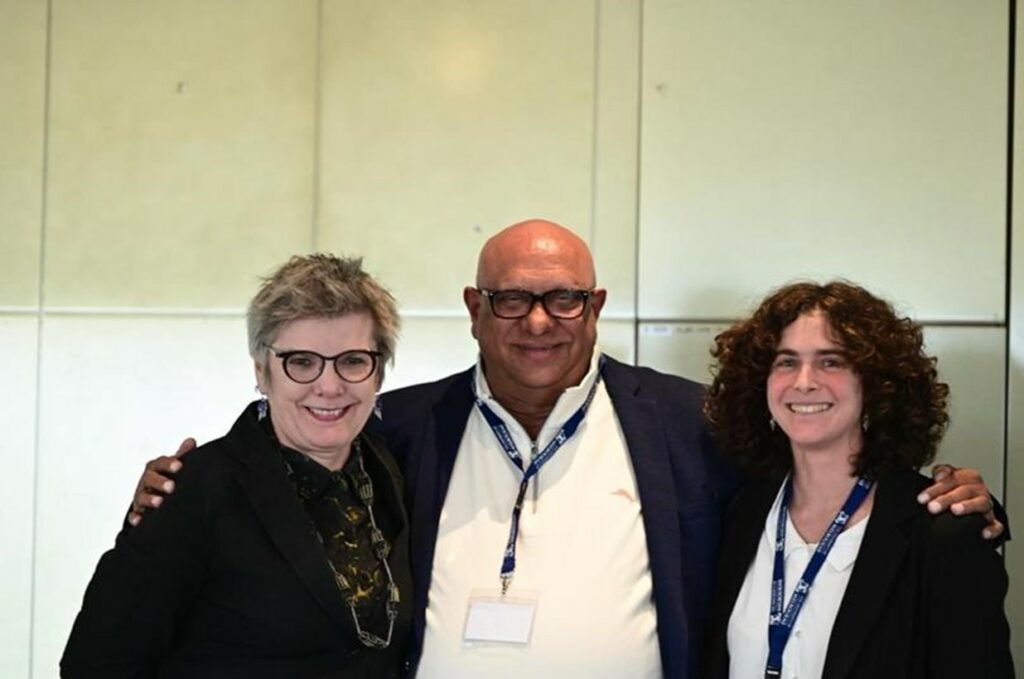
At the conference dinner, NELA proudly presented the NELA Lifetime Membership award to Dr. Gerry Bates, with a tribute speech from Simon Molesworth KC AO. Life membership is awarded to people who have made an exceptional contribution to NELA, and to environmental law in Australia, as determined by the Board. Life membership is the highest honour that NELA can confer on a member. It signifies sustained commitment and service to environmental law beyond the requirements of their role or employment, and outstanding expertise or leadership. Dr. Gerry Bates is a very worthy recipient of the Lifetime Membership award, and joins the following list of distinguished Lifetime Members of NELA: John Hayden; the Honourable Simon Molesworth AO KC; the Honourable Christine Trenorden; Emeritus Professor Ben Boer; and Jess Feehely.

We are very grateful to NELA’s partners for their support for the 2023 conference: Lotsearch (Leading Partner), Clayton Utz and University of NSW (Major Partners), Norton Rose Fulbright, King & Wood Mallesons and Ashurst (Supporting Partners). Our warm thanks too, to the University of Melbourne, Centre for Law and the Environment for being the venue host; and to the Australian Conservation Foundation and Readings Books, Carlton for additional support during the conference.
Finally, thank you to the NELA National Conference organising committee, without whose tireless efforts we could not have put on such a high‑quality conference. We came away from National NELA Conference feeling inspired, determined, and optimistic about the value of shared stories in a conference format, and about the passionate minds that continue to work on solutions to the intersecting crises of climate change and biodiversity loss around Australia and across sectors. We look forward to applying that inspiration and determination to our advocacy over coming months, as the Australian Government progresses its work on national environmental law reforms.

Youtube links to the conference recordings will follow in a later email for those who purchased a ticket to the conference. Recordings include a mix of keynotes and panel discussions. If you did not purchase a conference ticket, but would like to purchase access to the conference recordings, please send an email to marketing@nela.org.au.
We will continue to circulate further information, snapshots and output documents over coming weeks and months. In the meantime, we hope you enjoyed the Conference! The team at NELA look forward to following up the themes of the conference in seminars and webinars during 2024, which is sure to be a significant year for environmental law in Australia.
Mark Beaufoy, NELA National President
If you wish to become a member of NELA you can find more information on the National Environmental Law Association website.




